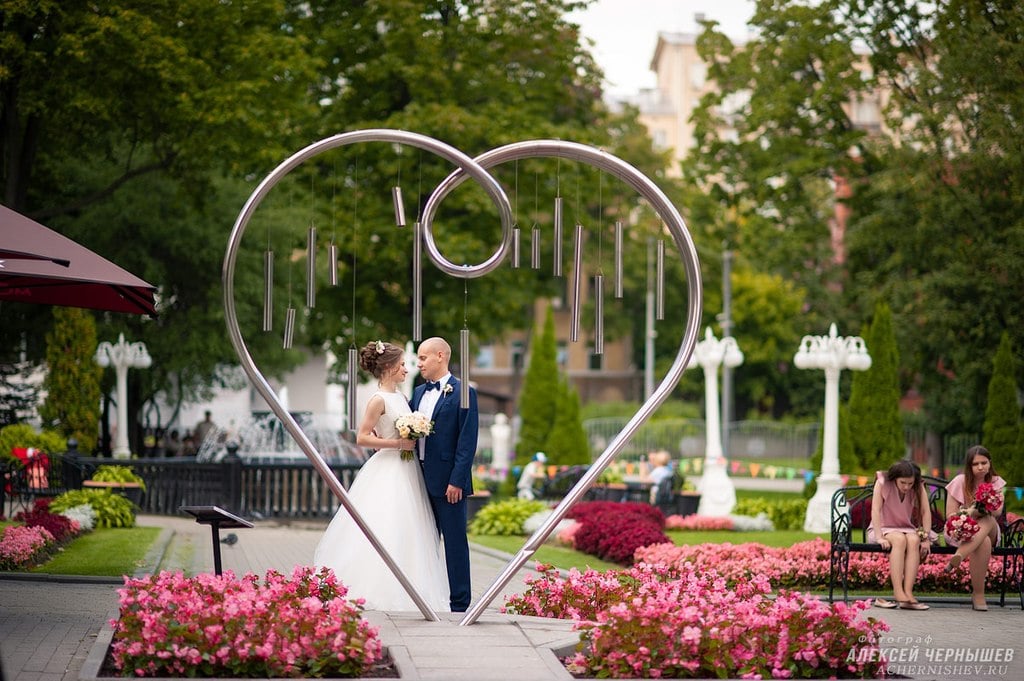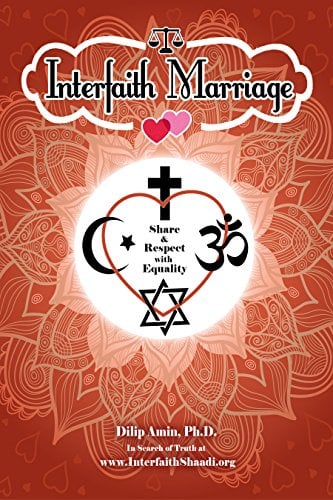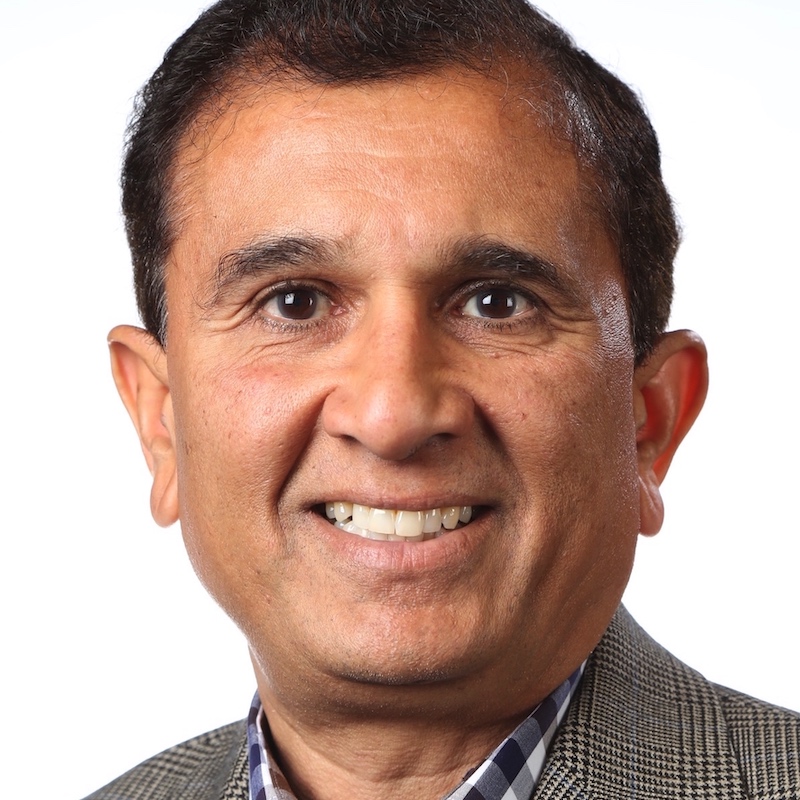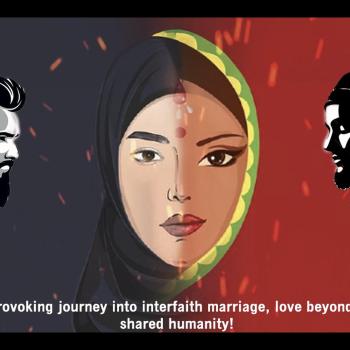Successful interfaith marriage is possible if the decision is made after critically evaluating all the facts on hand. Ten key talking points are proposed.
Interfaith marriage is a part of our new life. There is a high rate of interfaith marriages (40% to up to 70% in America) across all faith groups.

Photo: Алексей Чернышев/Wikimedia
Most articles and books on interfaith marriages in America are mainly focused on Judeo-Christian relationships. Now significant numbers of people from other faiths or no-faith are present in America. The author found that 38% of Dharmic (Hindu, Buddhist, Jain and Sikh) marry to Abrahamic (Christian, Jewish and Muslim) in America. Further, the author also found 45% of Muslims marry outside their faith. For this reason, a broader all inclusive discussion is necessary. After consultations with 1200 youths in interfaith love from around the world, this interfaith marriage guide book is written.
Today’s youths are mostly secular and open minded. Many don’t care to strictly follow norms as being practiced in their parents’ home or culture. Today’s youths may be liberal, but not their religious institutes. Unfortunately dating youths in colleges are not aware of it.
Marriage itself is complex. On top when you add two conflicting religious beliefs, all of a sudden you will have lots more to chew than what you can manage. However, if you learn to manage situations before that arise, interfaith marriage could turn out to be the most rewarding experience of your life.
Interfaith marriage is not an issue as long as one of the couple or family is not a religious fanatic. Sometimes, youths may not care for his/her religion but wish to please the wishes of parents. Many times they even agree to follow new faith/traditions without really understanding what they are agreeing to. An atheist may think there is nothing he/she has to lose to please the religious partner. However, unexpected issues surface when they decide to get married. The issues get worse when time comes to give religious education to their children. Unfortunately it continues even after you are no more—the question remains what kind of final rites to be performed for your remains.
Before it is too late, it is best to discuss all potential situations upfront. Here, 10 key talking points are listed:

- Which Church to Join? Will the interfaith married couple and their children join: 1) one of two church/mosque/synagogue/mandir, 2) will attend both on different days or 3) will decide not to be a part of any religious institution? Certain faith traditions may not allow dual religions and thus the interfaith couples will be compelled to decide one or the other.
- What will be the religions of children? Will interfaith children follow one, the other, both or none of two religions of their parents? Will these children be honoring one, both or none of two traditions? Will children follow certain milestones (like christening, baptism, bar mitzvah, sunat, namasankara, etc)? What will interfaith children learn about God?
- Role of in-laws and community: Today’s pluralist and secular youths may wish to find some middle ground and manage their interfaith life with harmony of two faiths but that may not be acceptable by one or the other in-laws or community.
- Weddings: Are interfaith couples going to have a wedding ceremony from only one of two traditions or going to have dual weddings to satisfy all? Alternatively, will they consider only a civil wedding and ignore both faith traditions? Conflicting rituals in two faiths may create problems. Certain religious institutions forbid dual weddings.
- Holidays: Conflicting religious traditions will bring headaches to interfaith couples during major holidays, especially when two faiths are at odds or with historical conflicts.
- First name of children: Will children have names of one tradition or both?
- Food/Diet: Will the interfaith family cook and eat halal, kosher or vegetarian food?
- Culture: Individual cultural practices will impact family life. In some cultures dominance by in-laws is considered an acceptable practice. In some other cultures, male dominance is expected. Certain dress codes (like hijab or turban) can be an issue by the other family. Is the other interfaith party aware and can cope with such cultural differences?
- Finances: To be a part of a religious institution, the couple may have to pay 3-12% of their total gross income to the institution. Will the other side be okay with such financial commitment for life?
- Burial: One day we have to go and can go only one way. Will the last rites for the couple (or a child) be according to one or the other tradition?

What should a dating interfaith couple do before getting deep into a serious interfaith relationship to make it a healthy one? The couple could discuss the above listed 10 key points and decide beforehand how they will handle their planned married life. It is also good to run by the couple’s decision to the two sets of parents to make sure parents are on board for the planned married life.
You need to know how many of these above decisions are made to please one party over the other? Is there a good equality and consideration from both parties? Is the intolerant party winning over the tolerant one?
If the couple cannot find any agreement on any of the above 10 points, it is good to pause and re-examine their commitment to the interfaith relationship.
A big confusion may come between a pluralist (all faiths lead to salvation; one God different names) and an exclusivist (only my faith is truth; there is only one God and that is mine!). A pluralist or an atheist may agree for (fake)religious conversion to the exclusivist’s faith without realizing what he/she is getting into. In such cases, major issues may potentially surface 5-10 years down in a couple’s married life when time comes to guide children.
Instead of picking one or the other faith, and if it works for the couple, a Unitarian type unifying concept may be a good solution. Ideally the couple should respect each other’s practices and share two faiths with equality.
@@@
 You may share your views on interfaith relationships or ask questions to the author below (see “LEAVE A COMMENT”).
You may share your views on interfaith relationships or ask questions to the author below (see “LEAVE A COMMENT”).
Read 81 real life interfaith relationship experiences in Dr. Amin’s book Interfaith Marriage: Share and Respect with Equality.
Other related articles in Patheos/Beliefnet by the author:
Hindu-Muslim Marriage and Application of Pluralism
Hindus, Abrahamics, and Intolerants
Interfaith Marriages Are Part of Our New Life
@@@
Subscribing to the newsletter helps you stay up-to-date on the latest from Dr. Dilip Amin (Equality For Happiness). Simply enter your email, and click “SUBSCRIBE!”















